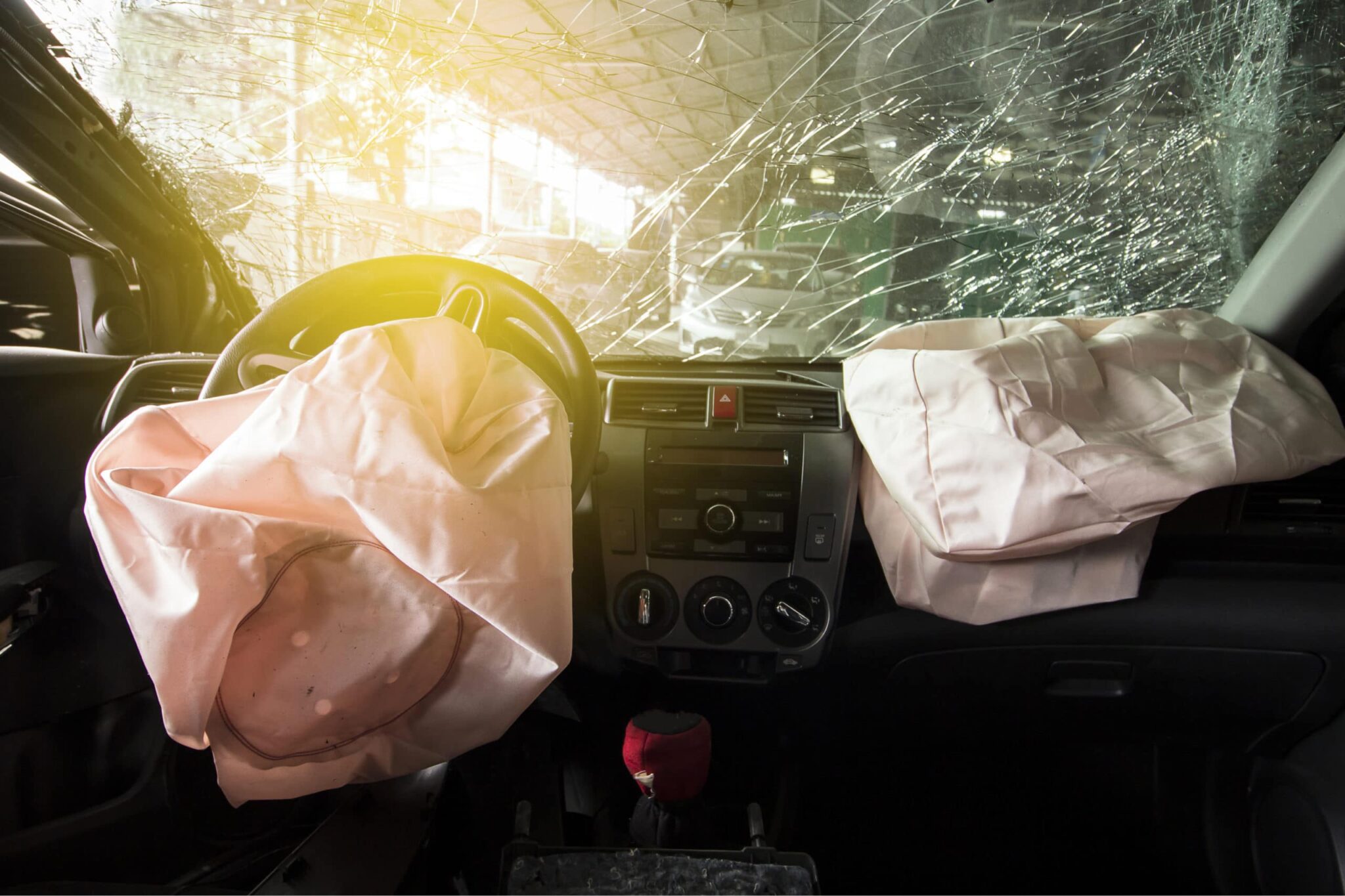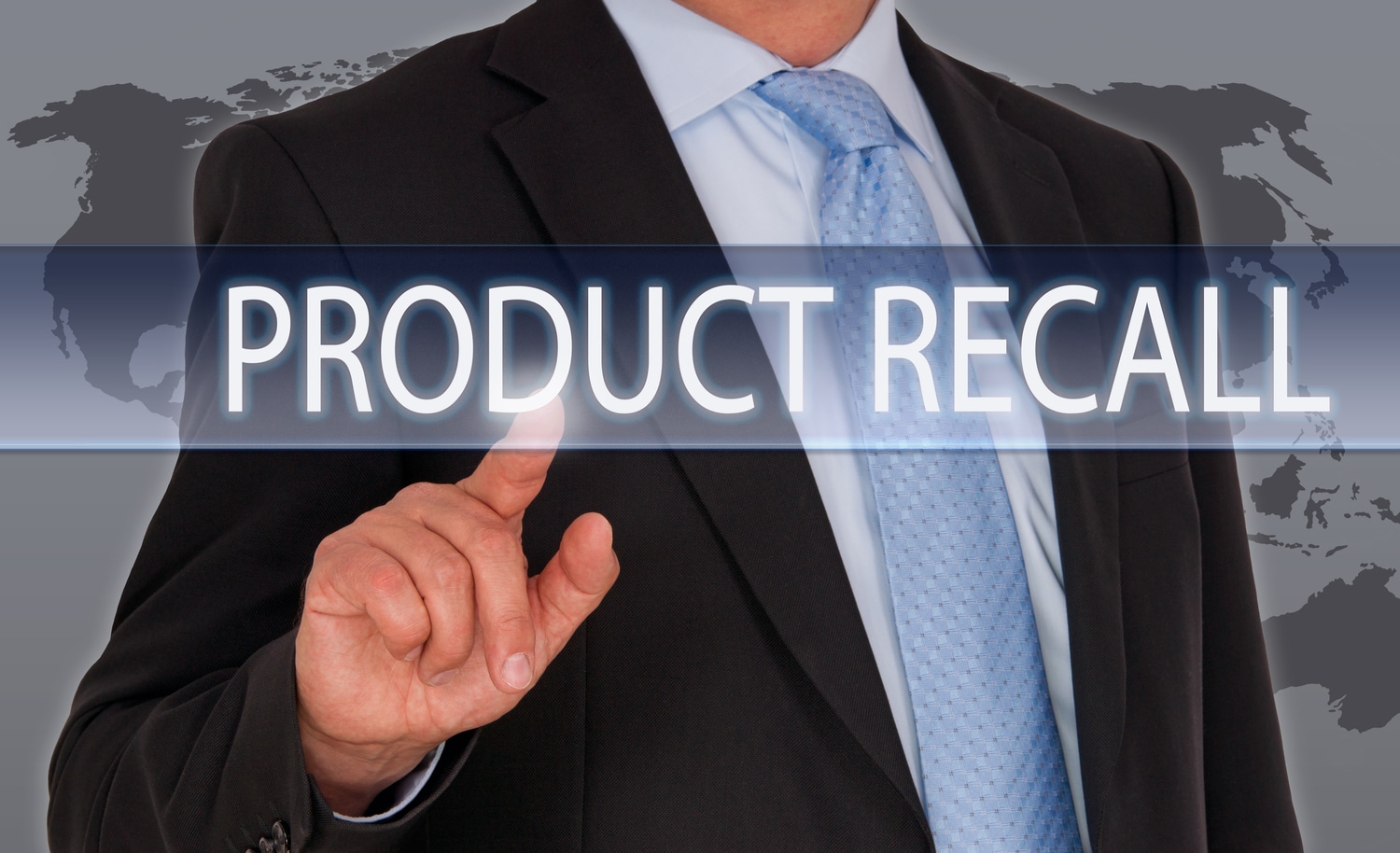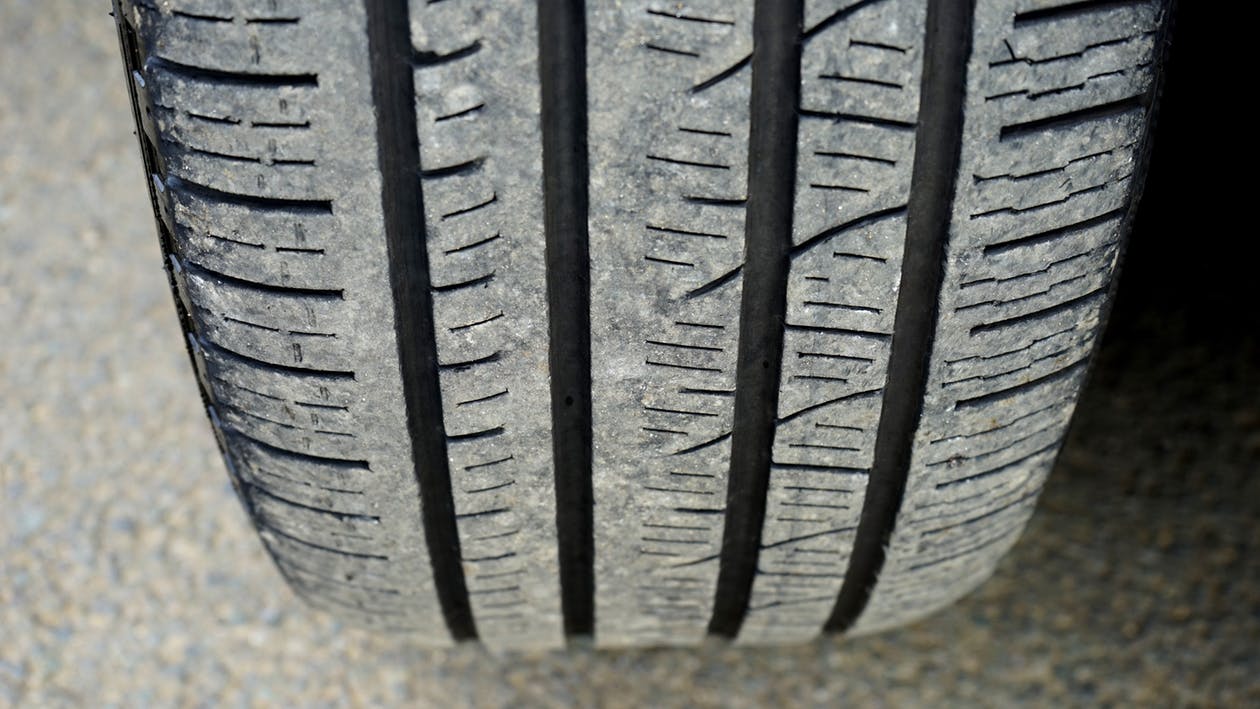The Takata airbag recall may seem like old news, but people are still dying from these defective devices in 2019. Issues with Takata’s airbags first became public in 2004, and quickly escalated into what the NHTSA has called, “the largest and most complex safety recall in U.S. history.” Due to a design defect, the airbags can deploy explosively, injuring and killing drivers and passengers. Today, the Takata recall covers more than 65 million airbags and roughly 37 million vehicles.
Keep reading to learn more about the Takata airbag crisis, what vehicles are at risk, and what to do if your vehicle has a dangerous defect.
An Overview of the Takata Airbag Crisis
Airbags have an important job to do: save lives during a car crash. Most airbags are made up of a series of components:
- Sensors and an accelerometer that are supposed to identify a forceful collision
- A thin, nylon bag
- A mechanical switch that activates the airbag
- A chemical inflation system that produces nitrogen gas
In the Takata airbag crisis, defects in the inflation system caused catastrophic injuries.
Takata started making airbags with phase-stabilized ammonium nitrate (PSAN) propellant in the late 1990s. Unfortunately, this substance can cause the airbag inflators to sometimes ignite with explosive force when the bags deploy. During a collision, the cartridge can fracture, spraying drivers and passengers with metal shards and shrapnel.
“The Takata airbag crisis might be the most talked about recall in recent years, but there were more than 1,000 NHTSA recalls in 2018 alone. Vehicles can have a variety of defects, most commonly involving their tires, steering systems, and seatbelts.”
Takata airbags caused at least 16 deaths nationwide and countless injuries. Deaths related to Takata airbags have occurred as recently as March 2019, according to Consumer Reports.
RELATED ARTICLE: Honda Failed to Report 1,729 Serious Accidents, Some Related to Takata Airbag Recall
How to Check If Your Vehicle Is Affected by the Takata Recall
You should receive a notification letter if your vehicle has been affected by the Takata recall. However, you should also check the National Highway Transportation Safety Administration (NHTSA) Safety Issues & Recalls page. When you type your 17-digit vehicle identification number (VIN) into the page’s search field, it will show you if your vehicle has been recalled for any reason in the past 15 years.
Unfortunately, there are still more than 16 million defective Takata airbag systems on the road, according to federal authorities. This is particularly troubling, since the inflation systems become more vulnerable to explosion as they age.
Additional Models Added to the Takata Recall in 2019
In January 2019, the NHTSA identified more vehicles with defective Takata airbags. Today, the recall covers all Takata PSAN airbags. If you bought any vehicle between 2002 and 2015, or recently bought a used vehicle made during those years, you should periodically check that the NHTSA has not added your vehicle to the recall. You can do this by searching your VIN every few months, or check for NHTSA recall alerts about all current vehicle defect recalls.
Defective Car Part and Product Liability FAQs
The Takata airbag crisis might be the most talked about recall in recent years, but there were more than 1,000 NHTSA recalls in 2018 alone. Vehicles can have a variety of defects, most commonly involving their tires, steering systems, and seatbelts. If you’ve been affected by the Takata airbag defect or any other defective car part, here are three essential things you need to know.
RELATED ARTICLE: Tire Defects Cause Fatal Car Accidents Nationwide
1. What Do I Do If My Vehicle Is Recalled?
If the manufacturer recalls your vehicle due to a defective part, call your local car dealer and bring it in for repairs. Depending on the severity of the defect, some dealers and manufacturers may urge you not to drive the vehicle at all, offer you a loaner car, and may even pay to have the vehicle towed. Your recall notification letter or local dealer should identify your level of risk and the proper repair procedure.
2. Can a Dealer Refuse to Repair My Recalled Vehicle?
Dealers must perform mandatory safety recalls at no charge. If your dealer refuses to repair your recalled vehicle for free, you should report them to the manufacturer and the NHTSA. Your complaint should include the dealership name and specific person to whom you spoke.
3. Can I Take Legal Action Against the Recalling Company?
In most cases, injured parties can take independent legal action against the defect’s manufacturer even if there is an active recall already in place. Certain factors may complicate your lawsuit, such as the recall procedure, bankruptcy filings, or type of injury sustained. For the Takata recall, claimants must file a special claim against a fund designated to provide compensation to victims of airbag accidents. Consult a personal injury lawyer for more information about whether you can bring a lawsuit against a manufacturer in your specific recall injury case.
Crosley Law Fights For Victims of Vehicle Defects
If you or a loved one have suffered an injury due to a defective or dangerous airbag, contact Crosley Law for help. Our personal injury and product liability attorneys have experience dealing with vehicle defect lawsuits and can advise you on your best course of action.
Contact us at (877) 535-4529 or fill out our online contact form to speak with an attorney today.
References
2018 recall report (2019, April). NHTSA. Retrieved from https://www.nhtsa.gov/sites/nhtsa.dot.gov/files/documents/2018_recall_annual_report_updated_041219.pdf
Motor vehicle safety defects and recalls. (2017, August). National Highway Traffic Safety Administration. Retrieved from https://www.nhtsa.gov/sites/nhtsa.dot.gov/files/documents/14218-mvsdefectsandrecalls_041619-v2-tag.pdf
Takata airbag recall: Everything you need to know. (2019, March 29). Consumer Reports. Retrieved from https://www.consumerreports.org/car-recalls-defects/takata-airbag-recall-everything-you-need-to-know/
Takata recall spotlight. (2019, February). National Highway Traffic Safety Administration. Retrieved from https://www.nhtsa.gov/equipment/takata-recall-spotlight
Update on the state of the Takata airbag recalls (2018, December 31). The Independent Monitor of Takata and the Coordinated Remedy Program. Retrieved from https://www.nhtsa.gov/sites/nhtsa.dot.gov/files/documents/update_on_the_state_of_the_takata_airbag_recalls.v2.pdf
The content provided here is for informational purposes only and should not be construed as legal advice on any subject.








